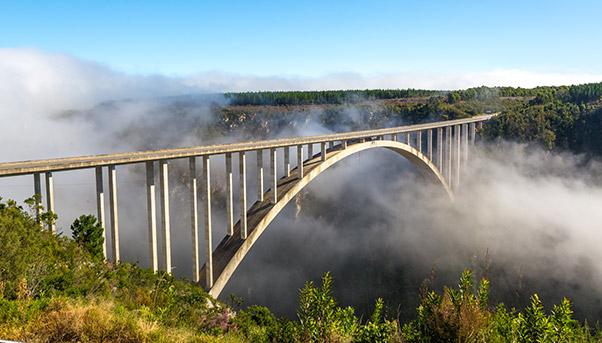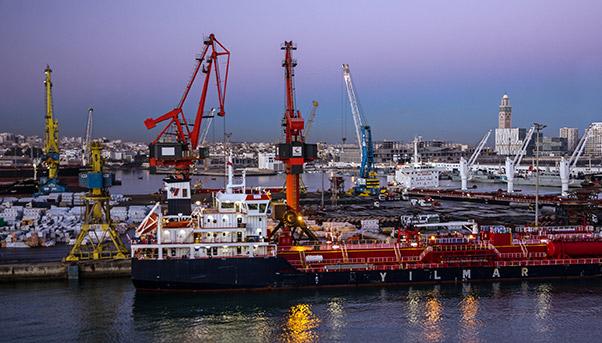
African countries from Morocco to Mozambique have made history by agreeing to promote free trade on the world’s least developed continent to improve the fortunes of its growing population, described by one official as a “ticking time bomb”.
On March 21, heads of state and government from more than 40 countries convened in Kigali, Rwanda for an extraordinary summit of the African Union (AU) where they signed an agreement to create the African Continental Free Trade Area.
The AU’s chairman, Rwandan President Paul Kagame, said the agreement will help countries reduce their reliance on the export of commodities and develop industries that produce value-added goods and services. Industrialisation has for decades been seen as providing better prospects for countries, whose economies have suffered from a lack of infrastructure, tariffs and the vagaries of fluctuating prices for their raw materials on the global market.
«Economic integration …responds …to a practical imperative linked to the economic viability of the continent», Moussa Faki Mahamat, chairman of the African Union Commission, was quoted as saying in a statement. «Our peoples, our business community and our youth, in particular, cannot wait any longer to see the lifting of the barriers that divide our continent, hinder its economic take-off and perpetuate misery, even though Africa is abundantly endowed with wealth».
Tariff Reduction
The agreement will see the gradual reduction of tariffs on trade among the signatory countries. Standing at an average of 6.1%, tariffs have for years encouraged African countries to trade with the rest of the world rather than each other.
The United Nations Economic Commission for Africa estimates the agreement has the potential to boost trade on the continent by 53.2% by eliminating import duties. If it leads to the removal of non-tariff barriers, it could double it. Africa’s two biggest economies – Nigeria and South Africa – have yet to sign it, however.

Poor Infrastructure
The lack of trade among African countries has been one of the reasons for the poor state of the continent’s infrastructure. For decades, it has provided few incentives to build – let alone repair – roads, bridges and other infrastructure crucial for economic growth. One example is the Trans-African Highway, whose planned 60,000 kilometres remain far from complete. As a result, the cost of transportation in Africa is on average 50-175% higher than other parts of the world, according to consulting firm KPMG.
The African Development Bank estimates there is an infrastructure investment gap of some $170 billion. This gap and the difficulty it poses for the continent’s economy to grow at its full potential risk frustrating the needs of a burgeoning population.
Investment to Foster Growth
Projected to reach 2.5 billion by 2050, Africa’s population will represent 26% of the world’s work force. Since more than 840 million of that total is expected to be young by 2050, Africa will have the youngest population on earth.
Two weeks before the signing ceremony in Kigali, the African Development Bank called on the continent’s leaders to make infrastructure investments and adopt other initiatives to confront the challenges posed by this restless youth of the future.
If nothing was done to meet its aspirations, the bank’s president, Akinwumi Adesina, said the “ticking time bomb” risked exploding in the coming years.
With the right investments, however, it could be turned into an engine of growth, he said.
«The good news is that the solution is within our reach and will require investments», Adesina told attendees of a Governor’s Consultative Meeting at the bank’s head offices in Abidjan, Ivory Coast.
Algeria’s Finance Minister, Abderahmane Raouia, endorsed Adesina’s call. «The biggest challenge for Africa today is job creation. It is a stake of stability and a lever to pull economic growth upwards. We must offer job opportunities for young people to convince them to stay here on the continent».
One of them, according to Adesina, would be to endorse the bank’s proposed African Investment Forum for November in South Africa. The forum will bring together the bank and other multilateral institutions to discuss ways to encourage private investors to get involved in projects on the continent by mitigating some of the risks.
Citing some of the bank’s achievements during the last seven years, he said about 27 million people had benefitted from new electricity connections, while 49 million enjoyed improvements in agriculture. Then there were 35 million who gained better access to water and sanitation, and nearly a million small businesses were provided with financial services.

